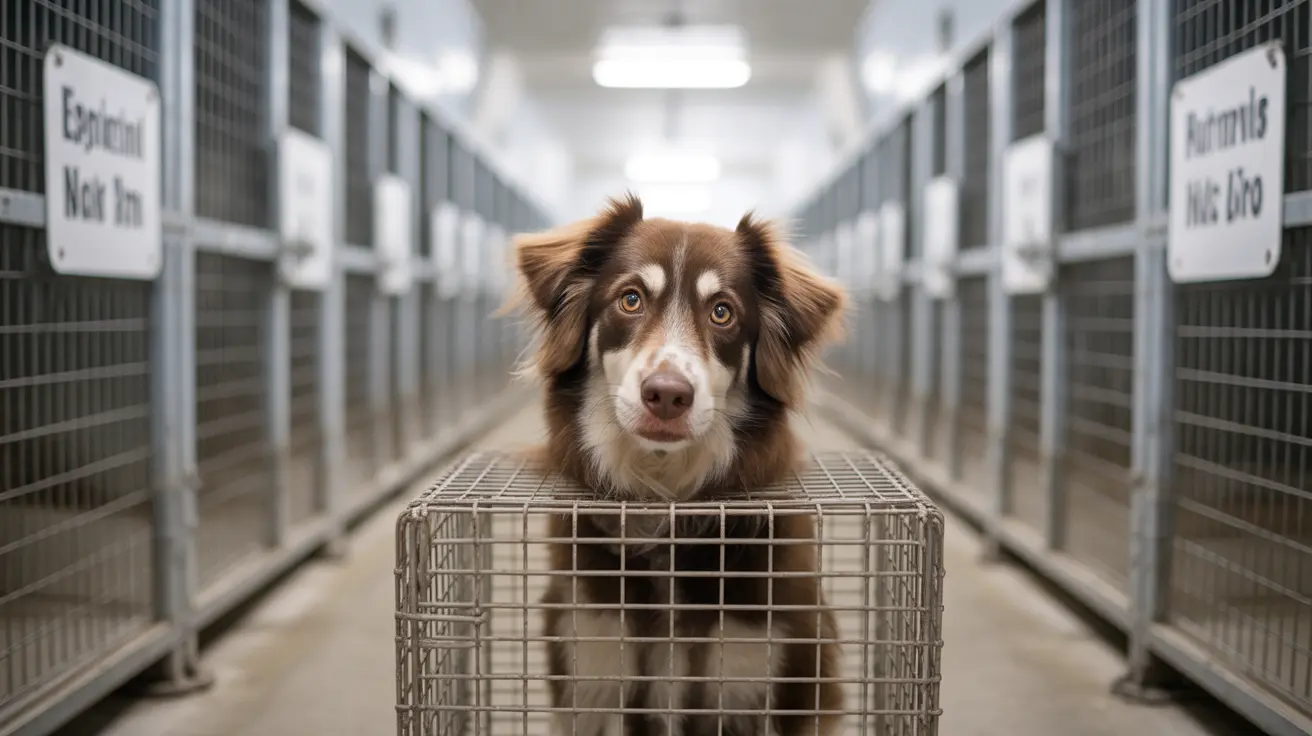A concerning outbreak of canine distemper has prompted the Collin County Animal Shelter to take immediate protective action by temporarily suspending all dog adoptions. The facility made this announcement on Thursday after detecting multiple cases of this highly contagious viral disease among their shelter population.
This preventive measure highlights the serious nature of canine distemper and its potential impact on both shelter and community dogs. The suspension serves as a critical step in containing the outbreak and protecting both current shelter residents and pets in the broader community.
Understanding Canine Distemper and Its Risks
Canine distemper is a severe viral infection that can affect dogs of all ages, though puppies and unvaccinated dogs face the highest risk. The disease can spread rapidly in shelter environments where many animals live in close proximity.
Transmission and Prevention
The distemper virus primarily spreads through airborne exposure and direct contact with infected bodily fluids. In shelter settings, this makes disease control particularly challenging, requiring comprehensive biosecurity protocols to prevent further transmission.
Shelter Disease Control Measures
During this outbreak, the Collin County Animal Shelter is implementing strict protocols to manage the situation effectively:
- Isolation of affected animals
- Enhanced cleaning and disinfection procedures
- Suspension of new dog adoptions
- Careful monitoring of all shelter residents
Supportive Care for Affected Dogs
While there is no specific cure for canine distemper, affected dogs receive comprehensive supportive care, including:
- Fluid therapy to prevent dehydration
- Management of symptoms
- Monitoring for secondary infections
- Regular veterinary assessment
Protecting Your Pet from Distemper
The most effective way to protect dogs from canine distemper is through vaccination. Pet owners should ensure their dogs maintain up-to-date vaccinations and avoid contact with unknown or potentially infected animals during outbreak situations.
Vaccination Schedule Guidelines
Puppies typically receive a series of distemper vaccinations starting at 6-8 weeks of age, with boosters every 3-4 weeks until 16 weeks old. Adult dogs require regular boosters as recommended by their veterinarian.
Frequently Asked Questions
Why has the Collin County Animal Shelter temporarily suspended dog adoptions due to canine distemper?
The shelter suspended adoptions after multiple cases of canine distemper were detected to isolate infected dogs and prevent further spread in their facility and community.
What are the common symptoms of canine distemper that I should watch for in my dog?
Symptoms include fever, nasal and eye discharge, coughing, lethargy, vomiting, diarrhea, and neurological signs like muscle twitching and seizures.
How is canine distemper transmitted between dogs and other animals?
Transmission occurs through airborne droplets from coughing or sneezing and direct contact with infected bodily fluids.
Moving Forward
The temporary suspension of adoptions at Collin County Animal Shelter, while necessary, serves as an important reminder about the critical nature of preventive veterinary care and vaccination protocols. Pet owners in the area should remain vigilant and ensure their dogs are properly vaccinated against distemper.
For the shelter, this outbreak presents challenges but also demonstrates their commitment to responsible animal care and public health. Their quick response and implementation of control measures reflect best practices in shelter medicine and disease management.
Remember, preventing diseases like canine distemper requires a community-wide effort, with both shelter staff and pet owners working together to maintain proper vaccination schedules and follow appropriate health protocols.






